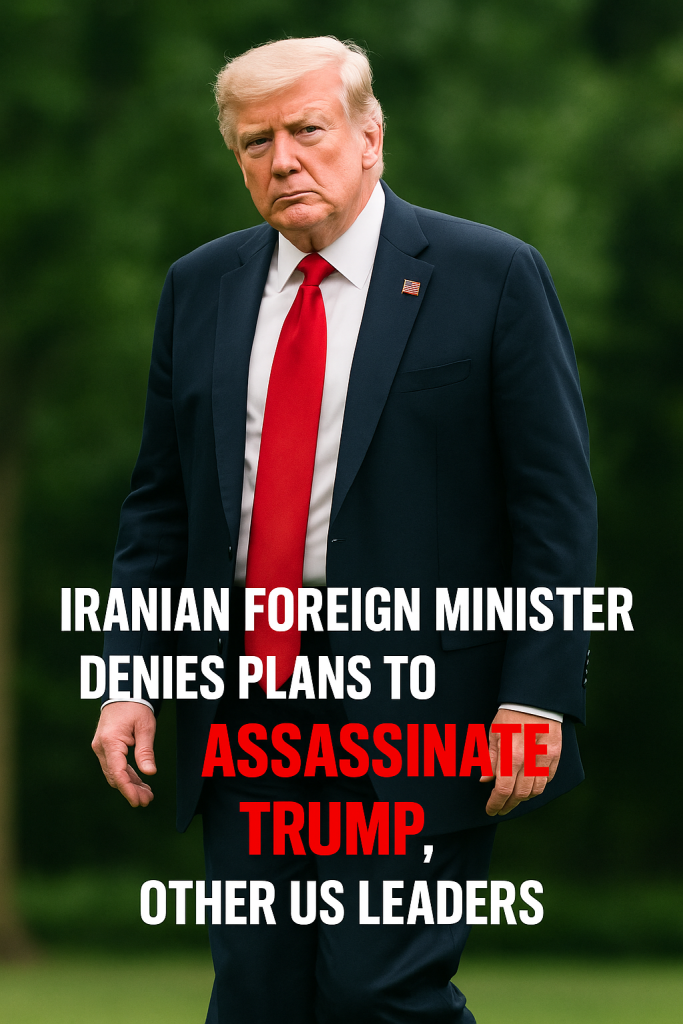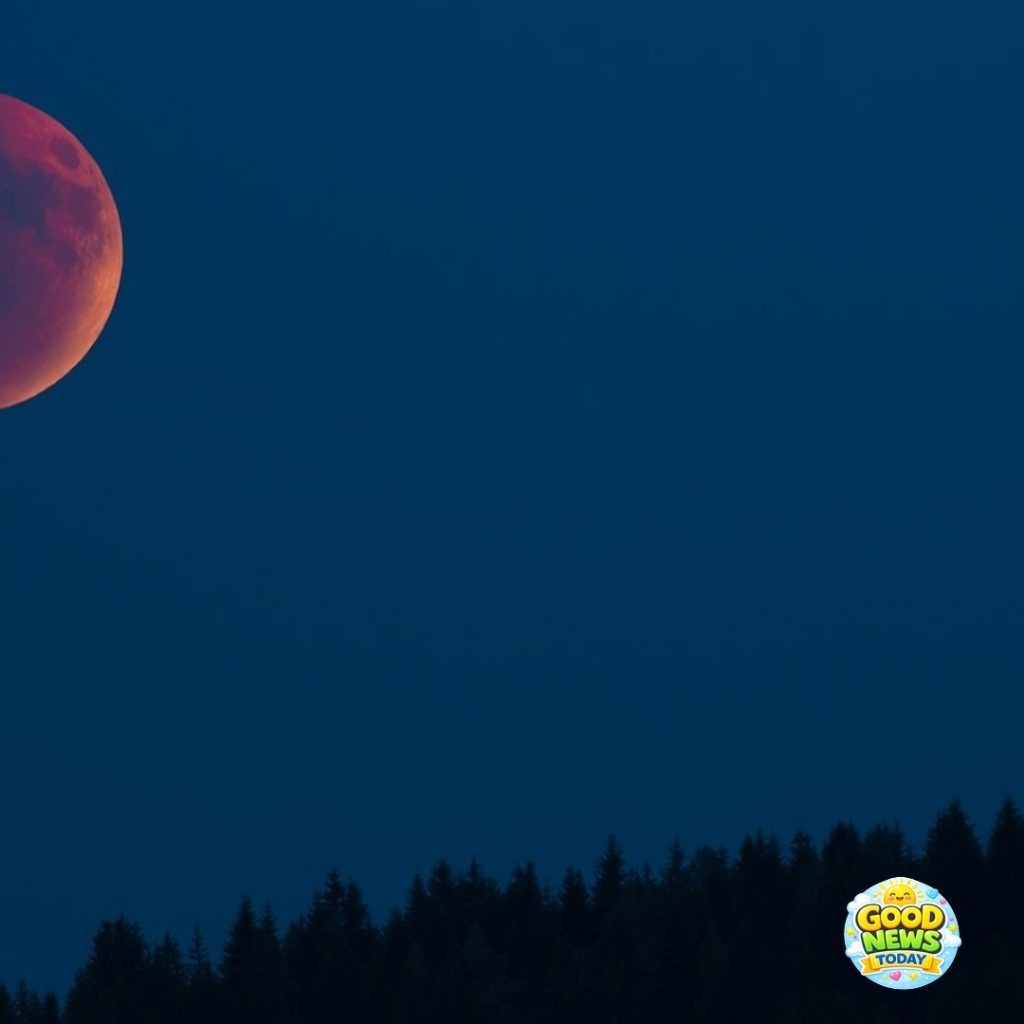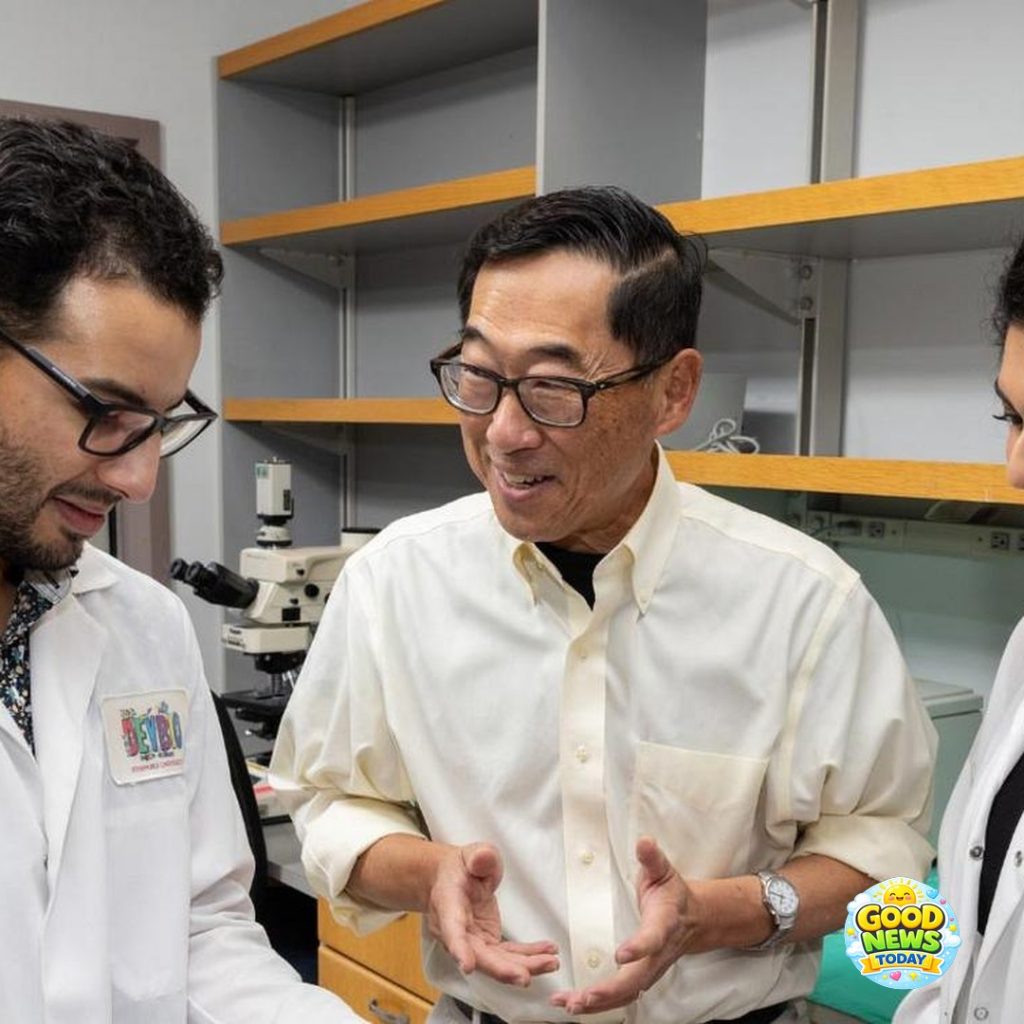In a rare and tense televised interview, Bret Baier, the chief political anchor, directly confronted Iranian Foreign Minister Abbas Araghchi with a provocative question: “Is Iran currently trying to assassinate President Trump?” The exchange, aired as part of a high-profile political news program segment, spotlighted underlying tensions between the United States and Iran amid ongoing geopolitical conflicts.
The gravity of the question underscored growing concerns within U.S. intelligence and political circles about Tehran’s potential involvement in plots against American officials. Over recent years, intelligence reports have periodically alluded to Iranian operatives’ alleged efforts to target prominent U.S. figures, deepening mistrust and heightening diplomatic friction between the two nations.
Araghchi, a seasoned diplomat frequently tasked with representing Iran in sensitive negotiations, responded cautiously. Rather than directly denying or confirming the grave accusation, he emphasized Iran’s official stance against assassination and reiterated Tehran’s repeated assertions that it seeks peaceful diplomatic solutions, especially concerning its relations with the United States.
Baier’s questioning was unambiguous and forceful, seeking accountability on a subject that has dominated much political rhetoric. The journalist pressed, “Given recent revelations around plots uncovered by U.S. authorities, can you state unequivocally whether such intentions exist within Iran’s government or affiliated entities?”
Araghchi maintained a tone combining diplomatic deflection with an appeal to Iran’s strategic priorities, highlighting the nation’s need for dialogue rather than confrontation. He framed the allegations as part of a broader campaign to malign Iran’s government and divert attention from other regional instabilities.
This interview follows a backdrop of increasing hostilities and mutual accusations, including sanctions, military skirmishes, and intelligence disclosures. U.S. officials have publicly expressed concerns about Iranian-backed militias and covert operatives plotting attacks on American soil or against American citizens abroad. Conversely, Iran labels many such claims as fabrications or exaggerations intended to justify aggressive policies against it.
Observers characterized the interview as a significant moment in media diplomacy, where serious allegations were confronted head-on by a leading U.S. journalist. The engagement didn’t yield a definitive answer but illuminated the complex, often adversarial dynamic between Washington and Tehran.
Experts analyzing the interview note that while Iran’s foreign minister shied from direct admission, the mere public confrontation signals Washington’s intent to hold Tehran publicly accountable for any hostile actions threatening U.S. leaders. The frank exchange also feeds into ongoing debates about how best to approach negotiations with Iran on nuclear programs, regional influence, and security threats.
As tensions simmer, the international community watches closely. The conversation between Baier and Araghchi reminded viewers that amid diplomatic efforts, accusations and counter-accusations continue to shape the fraught landscape between two nations with a long history of mistrust.
In the evolving story of U.S.-Iran relations, this pointed interview stands as a stark reminder that accountability and transparency remain elusive even at the highest levels of international diplomacy.



